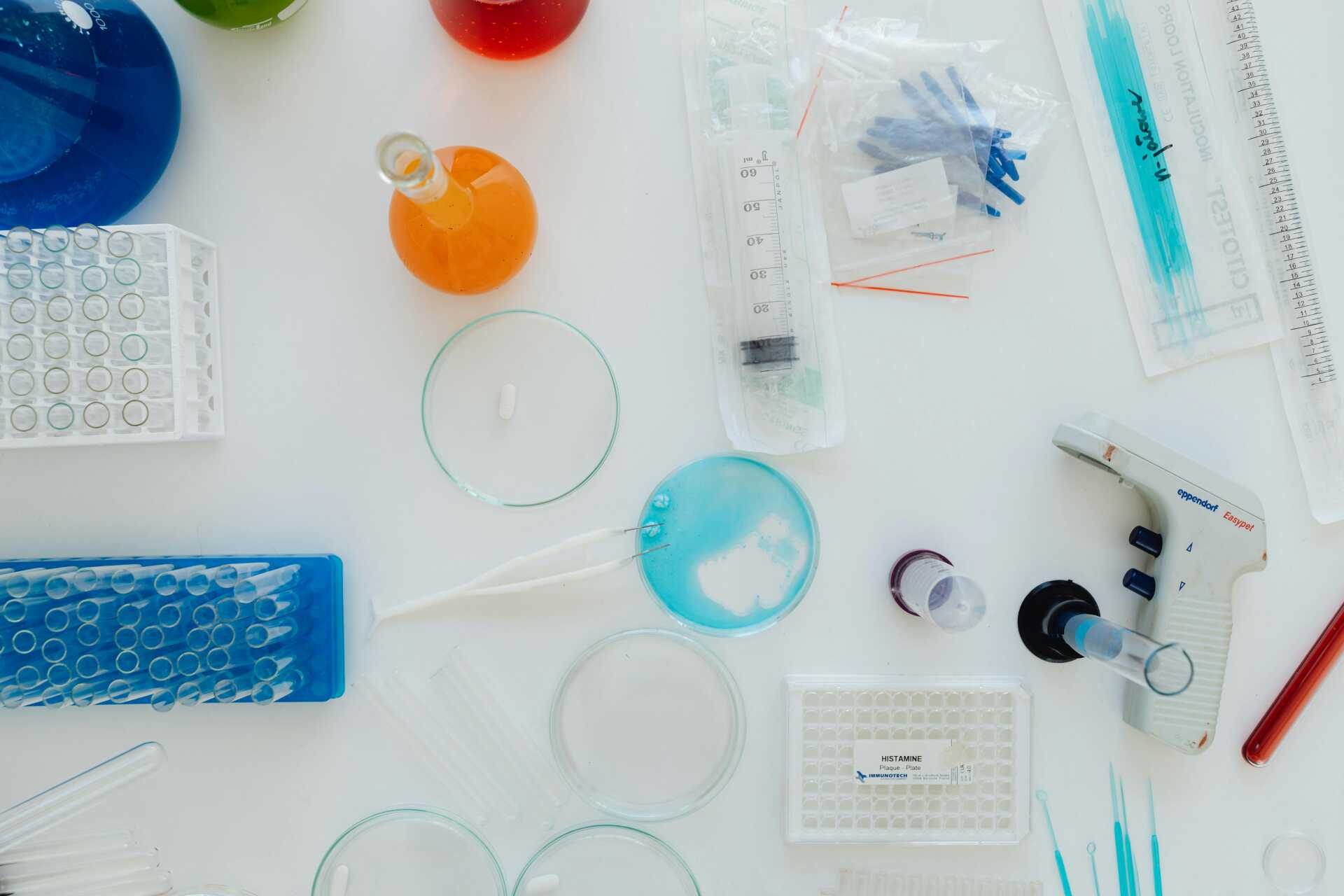The Medical Research Council Impact Acceleration Account (MRC IAA) awarded the University of Kent £457,000 to flexibly support a wide range of translational research projects. This award aims to accelerate the transition from early discovery research towards patient benefit.
MRC IAA Objectives
- Deliver a fast, flexible see-funding strategy for researchers
- Promote innovative forms of interaction and knowledge exchange between key translational stakeholders including industry, clinical and third sector organisations
- Provide training and mentoring to generate new translational research
- Develop new interdisciplinary consortia in areas of research strength at the University of Kent.
If you are a member of Kent staff, you can find out more about our IAA strategy, upcoming funding rounds and eligibility criteria on our intranet.
Our aim is to build on the University of Kent's strong foundation in Biomedical and clinical research, and enable a step change in the activity, impact, and ultimate success of our translational research pipeline.
Current opportunities
Rapid Response Fund (RRF) - Open call
To initiate or strengthen engagement with other stakeholders, for consortia building activities or training purposes.
- Applications can v=be submitted at any time
- Funding of up to £5,000 per project
Look out for our next funding call in 2025.
Previous strategic funding rounds
| Lead | School | Project |
| Professor Campbell Gourlay | School of Biosciences | Management of percutaneous endoscopic gastrostomy (PEG) tubes in the community. |
| Dr Darren Griffin | School of Biosciences | Novel imaging and artificial intelligence (AI) strategies to improve assisted reproduction outcomes. |
| Professor Neil Kad | School of Biosciences | De-risking the development of novel adjuvant antimicrobial drugs. |
| Professor Dan Mulvihill | School of Biosciences | Low-cost high yield antibodies for diagnostics. |
| Lead | School | Project |
| Dr Marina Escurra | School of Biosciences | Ageing stronger is ageing better: development of new biomarkers and interventions to prevent sarcopenia and promote healthy ageing. |
| Dr Perry Hailey | School of Biosciences | Accelerating the development of supramolecular self-associated amphiphile-based drug molecules for the treatment of bladder cancer from laboratory to the clinic. |
| Dr David Kelly | School of Psychology | Using eye-tracking to explore links between perinatal mental illness and autism in the first two years of life. |
* Funding round harmonised with Biotechnology and Biological Sciences Research Council IAA.
| Lead | School | Project |
| Dr Helen Cockerton* | School of Biosciences | Anti-cancer hops. |
| Dr Marta Farre Belmonte* | School of Biosciences | Detecting structural and sequence level genetic variation in a single diagnostic assay. |
| Dr Sanaul Hoque | School of Engineering | Smart assistive mobility for remote clinical monitoring and diagnosis. |
| Prof: Robert Horne | School of Engineering | Development of a printed patient centric device for measurement of wound healing and nutritional status. |
| Dr Michael Hughes | School of Physics and Astronomy | The OCT Pen: Clinical feasibility and network building. |
| Dr Mohinder Pal* | School of Biosciences | RUVBL1 and RUVBL2 as therapeutic targets for non-small cell lung cancer. |
| Dr Palaniappan Ramaswamy | School of Computer Science | Vagus Nerve Stimulation for motion sickness treatment. |






